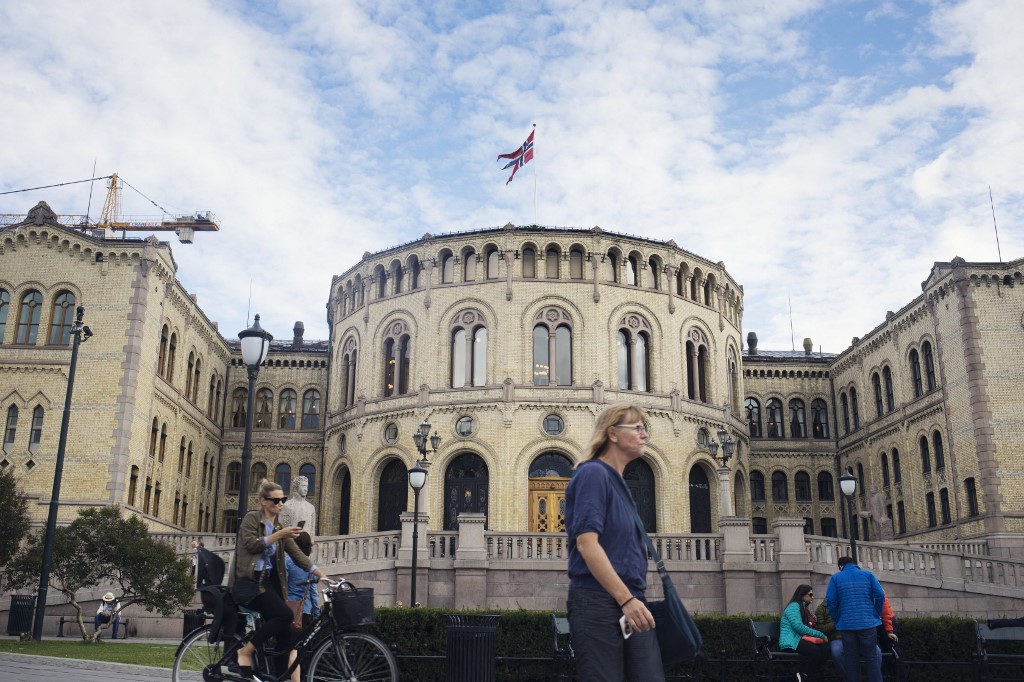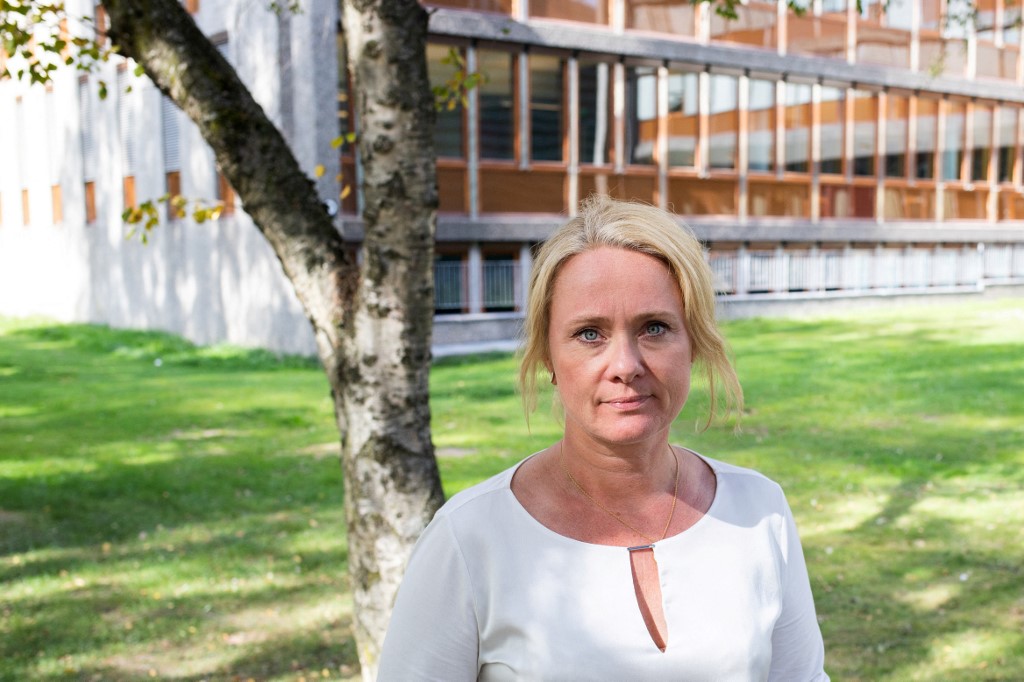
OSLO, Norway (AFP) – Norway’s new centre-left government said Wednesday it wants to toughen the country’s targets for reducing emissions by 2030 while preserving its economically important oil sector.
The incoming government, formed from the Labour and Centre parties after September elections, said it wished to reduce greenhouse gas emissions by 55 percent of their 1990 level by 2030.
Climate ambitions had so far targeted a range between 50 and 55 percent.
The aim for the top of the range was included in the government’s policy platform, presented Wednesday after several weeks of negotiations.
The new government is due to take office on Thursday under the leadership of the Labour Party’s Jonas Gahr Store.
It also announced it would honour a plan to raise the country’s carbon tax to 2,000 Norwegian kroner ($230, 200 euros) per tonne, up from the current 590 kroner.
And the new coalition also reaffirmed its commitment to the country’s oil industry.
“The oil and gas sector will be developed, not dismantled,” the two parties said in their policy roadmap.
“Climate policy must not be moralising and must be fair,” they added.
Most of the emissions generated by Norwegian oil and gas occur when it is consumed outside Norway and are therefore not included in national figures.
The oil sector accounts for 14 percent of Norway’s gross domestic product, as well as 40 percent of its exports and 160,000 direct jobs.
The head of Norway’s chapter of the WWF, Karoline Andaur, welcomed the increase in the climate target and the increase in the carbon tax, but called the new platform “weak on concrete measures” and “horrifying in terms of the still high activity in oil and gas”.
But Norwegian Oil and Gas Association director Anniken Hauglie said in a statement that “we are pleased that the new government will carry on the main points of the oil and gas policy”.

With the new climate target, Norway is bringing itself in line with the European Union, of which it is not a member.
Oslo is closely associated through its membership in the European Economic Area (EEA) and the Schengen free-travel area.
The Centre Party has in the past been more sceptic towards the relationship to the EU, and party leader Trygve Slagsvold Vedum said he was still determined to fight Brussels on certain issues such as rail privatisation.
The two-party coalition will only control 76 seats in the 169-member Norwegian parliament and will rely on negotiations with other parties to pass laws.
© Agence France-Presse







